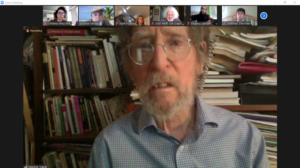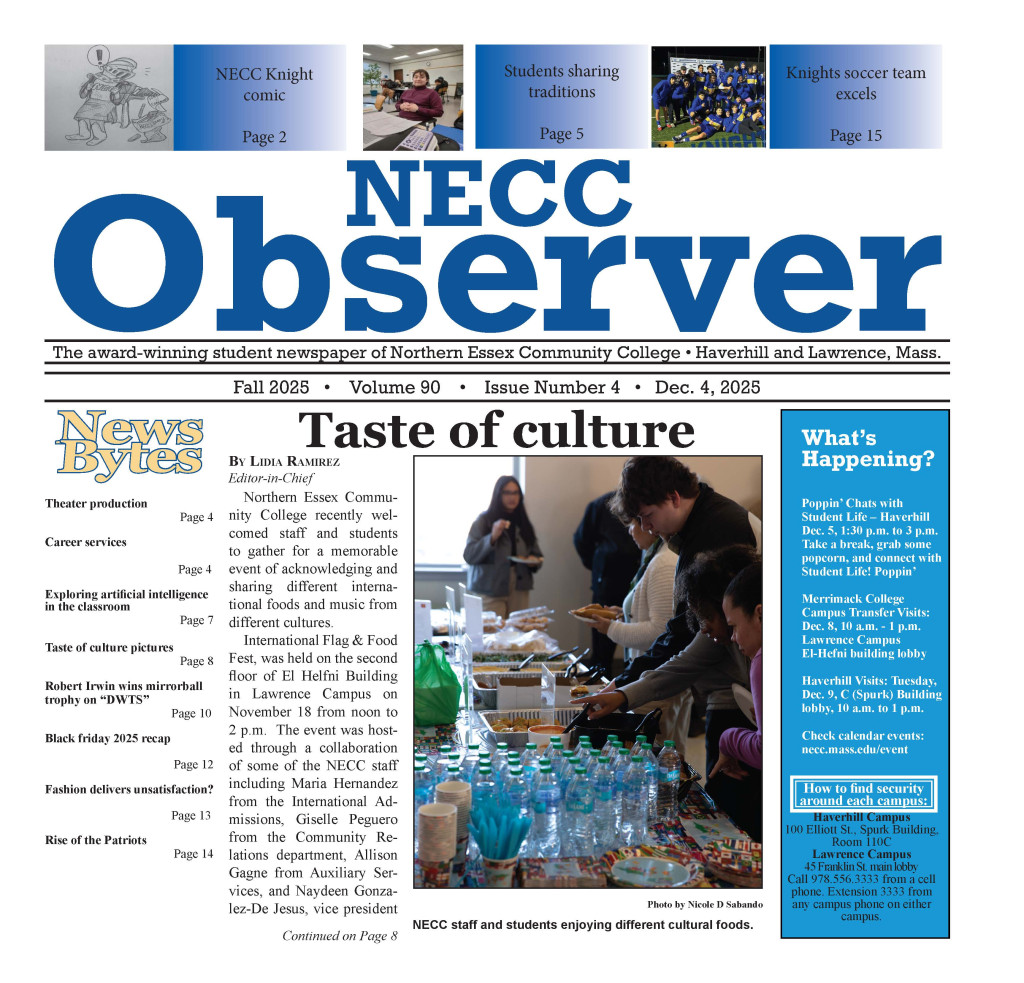
“If I point a gun to your head and not fire it, it is still using the gun.” Professor Slaner
Professor Stephen Slaner and Professor Andrew Morse debated on Dec. 1 on the ratification of the Treaty of Prohibition of Nuclear Weapons. More than a dozen viewers tuned into the public zoom that ran for a little over an hour. Slaner and Morse are leaders of the student groups Amnesty International and Students for a Democratic Society (SDS) respectively, the two groups working together. Each professor received about 20 minutes to explain their opening stances; Slaner arguing for the ratification and Morse arguing against the treaty. After some back and forth rebuttals and counter arguments, the floor was open to viewer input and questions.
Slaner expressed the great concern of a potential crisis, saying that “luck is not a policy we can depend upon.” America has not yet signed the Treaty, maintaining thousands of nuclear arms, hundreds on hair trigger alert. We also don’t have a ‘no first use’ policy: a protocol that would restrict the United States to only launch nuclear attacks in response.
“Weapons of mass destruction are weapons of mass destruction. If we can abolish two categories, being chemical and biological, we can abolish another.” – Slaner
Morse, while obviously not advocating for a nuclear winter, doesn’t see the treaty as practical or useful. He points out that the only signers of the Treaty are small countries that wouldn’t even have the resources to attempt nuclearization. Nuclear powers comparable to the United States haven’t signed the Treaty. The most rational steps would involve reducing the numbers of atomic warheads, non-proliferation agreements, procedures for escalation prevention, etc; it’s not wise to trust nations’ promises when there is no global enforcing policy.
“While it’s possible to convince a government to abolish nuclear weapons, it is not possible to abolish the knowledge of how to build them.” – Morse
Ultimately, there is a consensus to some degree between the two professors that co-lead the student group SDS. “I don’t think anyone wants nuclear war,” Morse said. “They want protection…They want protection from the United States.” Slaner and guest viewer Stephen Russell agreed that America could still assert dominance with far less than half of the current nuclear firepower.
The viewer submitted questions fueled the lively conversation for the last portion of the zoom. Matthew Sherman asked “Is the threat of mutually assured destruction realistic for long term peace?” The moderator Andrew Venditti asked “Why would we ever retaliate if we’d hurt the world and ourselves in the process?”
As the debate wrapped up, SDS member and viewer April Richer chimed in.
“This is an opportunity where something should be done…If we had even half the money that is being spent on maintaining and modernizing nuclear weapons, we really would be able to make it a safer, better world. Encouraging education, investing in poverty…”

